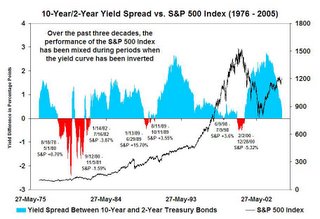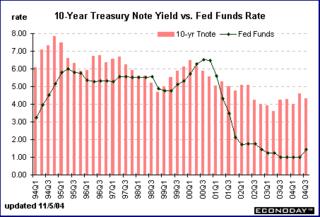Are you writing a blog yet?
I say
yet because blogs are a growing trend and inevitably you will get tempted.
What will
your blog be about? Music? Books? Sex??
Whatever it will be about, apart from a few close friends, very few people are ever likely to read it.
That isn't such a shame, since mankind won't be so worse off for not having ever read it.
What is a great shame, is the potential of blogs that is going untapped every day.
*************************
As I have written before (including below), blogs can be a powerful weapon of democracy.
They give people a
voice they never had before. A voice that can be heard anywhere, everywhere, anytime.
But nobody is reading. Why?
Volume.
There has always been too much material on the web for people to know what to read and what not.
As I said, this is a shame and it is also a problem.
But like all problems, it can be solved.
*************************
The chances are that today you will visit at least one of the following websites:
Google;The New York Times;Yahoo;Myspace;Blogger;MSNor YoutubeWhat is common to each of these websites is that they are all an expression of someone's
voice.
And we go to
listen.Unfortunately, there are too many voices to hear.
Fortunately, there are more voices than ever that want to be heard.
All we need to do is listen. But how can we listen to them all?
*************************
This week over 40% of the US population had their voices heard.
As we saw in the newspaper (or in other words, at one of the websites listed above), the election was a "referendum on the war in Iraq".
Was it?
What have people done to change anything about the situation in Iraq? More importantly, what are they
going to do about it?
Surely, the election wasn't the
only time the people of America had their say about Iraq?
Of course, it wasn't.
People have been standing outside Congress and other government buildings across the country and around the world each day, expressing their disagreement over the war in Iraq.
But nobody was listening.
*************************
Google has changed the way we use the web. How?
It has managed to break down a virtually unlimited amount of information into something that people can
use.
Previously, much of what Google can find went unseen and unused.
But times are changing.
People demand more information and they now have a way to get it.
But what are they going to do with all this newfound information?
Hopefully, they will use it to form an
opinion.The next step will be to find some way of
expressing this opinion in a way that people can
hear.At the moment, this happens when a polician goes on television or is interviewed by a newspaper. We can all
hear what they have to say.
Now it's our turn.
*************************
While electronic voting is still in its infancy, it offers the way forward.
Eventually,
everyone will vote electronically. Eventually,
everything will be done electronically.
Once we have all entered the electronic age of voting, the opportunity for people to express their opinion about something will be huge.
Consider a substantial issue (e.g. going to war, raising taxes, changes to education policy) about which you have an opinion. You will either agree, disagree or be undecided.
If enough people can express their view about something then the chances of the outcome being alligned with the interests of the country are significantly increased.
It shouldn't have to be much more complicated than this:
Step 1: Read as many blogs that discuss a particular subject
Step 2: Engage in a dialogue with other people to try and find common ground
Step 3: Go to a (government) website and vote.
Step 4: If enough people (i.e. a majority) support the idea, you could vote for an alternative proposition.
Step 1 has been partly solved by
Google Blog Search. Step 2 is already popular among bloggers and non-bloggers alike. Step 3 and 4 are
still unavailable.
It's 2006. What are we waiting for?










